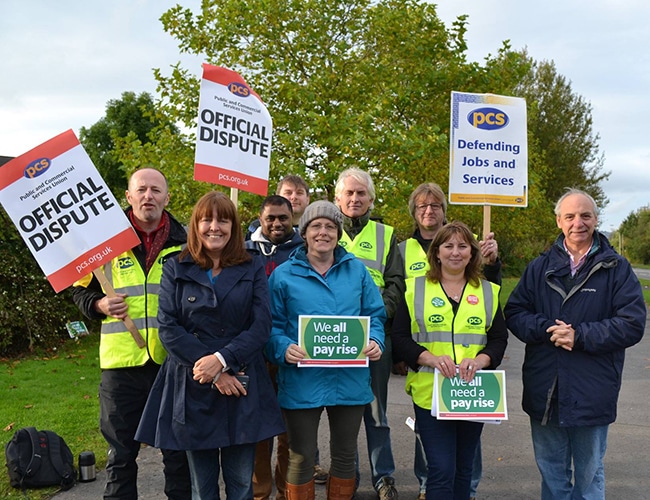- 06/02/2018
- Posted by: Mike Hedges MS
- Category: Assembly Speeches

Of course, it’s not only rough-sleepers who are homeless. There’s a number of people, probably not many miles from here today, who will be sofa surfing tonight—moving from friend’s house to friend’s house, and many of them end up on the streets when they run out of friends. I don’t mean that unkindly, but that’s what actually happens. They use the good wishes and goodwill of their friends for a certain period of time, that runs out, and then their ability to have a roof over their head runs out.274
There’s also a number of people who are inadequately housed, living in cold, damp and unhealthy conditions, and all these things have a huge effect on health. The 1945-51 Labour Government put health and housing together, because they knew how important housing was for people’s health.275
There are a lot of voluntary organisations involved. In Swansea, we have the Sisters of Mercy, the Wallich and Caer Las, all being involved, all doing a phenomenally good job, but we still have people who will be sleeping on the streets of Swansea tonight.276
What causes homelessness? Debt, and universal credit can only make this worse, but also people on flexible contracts—or what I call exploitative contracts—where they’re okay when they’re working the hours they’ve worked regularly, but when they go back to their basic hours, which are somewhere between nought and six, all of a sudden they find themselves unable to pay their rent. Many of them, if they are unwell, will obviously go back to having no income at all, and trying to find their way through the benefits system, having been working irregular hours, means that eventually their landlord will evict them.277
There’s a drug and alcohol problem that is having an effect, and a number of people on the streets have drug and alcohol addiction. I think, in some ways, that’s what the user needs to kill the pain of sleeping rough. I think that we can judge people for doing these things, but if we were actually sleeping rough at night, something to kill the pain may well be an advantage to us. Because we’ll all go back to nice, warm houses with central heating, then perhaps thinking about those who don’t have those advantages really is something we need to do. 278
No-one should be sleeping rough. There’s no reason why anybody should be sleeping out on the streets. There is, of course, a shortage of social housing, and this is where I disagree with Bethan Jenkins: increasing the demand side does not increase the supply side in housing. Giving more people a right to a house doesn’t create one extra house. There’s a desperate need for more council housing, and that is the answer to the housing crisis: council housing. Now we’ve done away with the right to buy, councils then don’t have that sword of Damocles over their heads, that they build 10 houses, five get sold at a discount, and they end up making a loss on those houses. They can now build, and we need to be encouraging councils to build.279
I’ve got two questions for the Minister. The first one is: what support is the Welsh Government giving to councils to build council houses, which I believe is the route out of dealing with homelessness? The second is a much more short-term problem: what financial support is the Welsh Government giving to build more night shelters, which should improve the lot, if not make right the problem, for people who are sleeping rough? These are capital rather than revenue costs, and we perhaps ought to be looking at using capital, even some of that loan capital we’ve had, in order to do some of these things, which will be of benefit and may actually raise money in order to pay it back.280
16:05
Thank you very much for those questions. Mike Hedges is completely right to point out to us that, actually, when we’re talking about homelessness, we’re not talking only about rough-sleeping, although that is the most visible part of it. Estimates suggest that there might be 30 people sofa surfing or in other kinds of temporary accommodation for every person who we see sleeping on the streets. When we ask people what the reasons are that they became homeless, actually, a lot of the time, it is because a parent or a friend or a relative was no longer willing to accommodate them. So, for many people, although they might have a roof over their head tonight, it is a precarious one, and their situation could change at any time.281
I also was pleased that Mike mentioned that we shouldn’t be judgmental about people who are rough-sleepers and people who we see on the streets, because I’m very keen that we do take a trauma-informed approach, and that we consider adverse childhood experiences. Any person I’ve spoken to who has been in a homeless situation, or who’s experiencing substance misuse, actually the kind of story that has led up to them being in the situation they’re in now is something that very few of us would be able to cope with, so I think that it’s quite right to highlight the seriousness of the issues that do lead to rough-sleeping and drug and alcohol abuse as well.282
I completely agree that we do need to be building more council houses. I’m keen, also, that we ensure that those councils that are ready to build, able to build and ready to go can do so. I know that some of our local authorities are at the top of their borrowing cap now, and the borrowing cap is set by the Treasury. So, there are two pieces of work going on there: one around seeing what we could do, in partnership and in agreement with local authorities, to move some of the borrowing that hasn’t been used by some local authorities over to local authorities that are at the top of their borrowing cap but can still do more and are still wanting to do more. And, also, seeing what we can do in order to ensure that the borrowing cap, which was raised in England—that we also get a similar relative rise to our borrowing cap as well. Those discussions are going on at the moment.283
In terms of night shelters, we have provided funding for an additional 40 bed spaces across Newport, Wrexham, Swansea and Cardiff, and they’ll be coming online over the coming weeks and months. However, we also know that, on any night, there are empty bed spaces in night shelters, and this is a particular concern to me: that there are people who would choose to sleep rough rather than use a night shelter. The reasons for that are diverse. For example, some people don’t want to abide by some of the stricter conditions that might be laid down in some of the night shelters. There will be other people who have been banned from night shelters on the basis of previous behaviour. Others don’t want to go to night shelters because they see them as areas where there is substance misuse of various sorts, and they want to stay away from all of that. In other cases, there might not be opportunities for couples to stay together or for people to take pets, for example. So, there is a wide range of reasons why people don’t engage with night shelters. I do think there’s a piece of work for us to be doing there, with the sector as well. I hope that that work that Shelter is doing, talking directly to rough-sleepers, will give us some of the answers as to what can make night shelters more attractive, especially on the coldest of nights.


